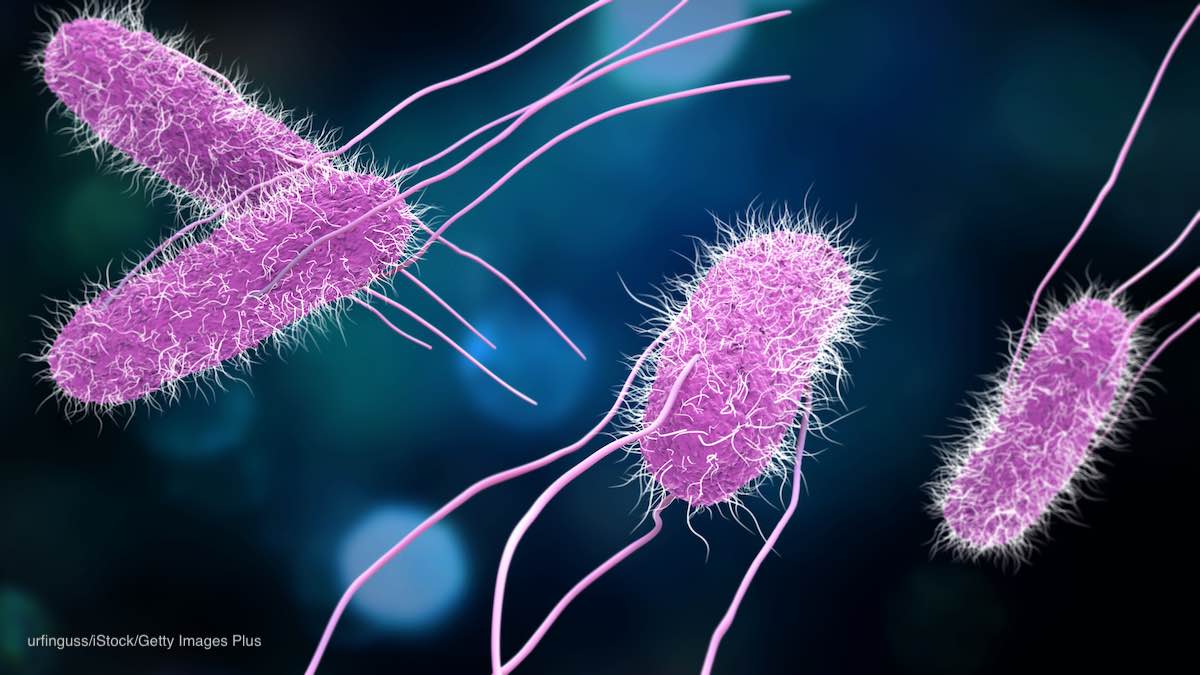The FDA sent a warning letter to Rose Acre Farms about inspections conducted after a Salmonella Braenderup outbreak linked to their shell eggs sickened 45 people in 10 states this summer. FDA inspections at that facility found a rodent infestation, poor employee practices, and insanitary conditions.

That letter, dated September 6, 2018, details information about the environmental samples taken from the shell egg processing plant. The inspections took place March 26, 2018 through April 11, 2018. Laboratory analyses of the environmental samples collected found Salmonella Braenderup in six swabs in the processing plant, and two from manure in the egg laying house.
In addition, FDA inspectors found Salmonella Heidelberg in eleven samples in the processing plant, and one swab from manure in the egg laying house. This variety of Salmonella bacteria can contaminate eggs by getting into the hen’s ovaries. The bacteria is then encapsulated inside the egg.
FDA inspectors also found that the firm “was in violation of the FDA’s egg safety rule.” That means the eggs were “prepared, packed, or held under insanitary conditions whereby they may have become contaminated with filth, or whereby they may have been rendered injurious to health.”
A review of pest control records maintained by Rose Acre Farms indicate an ongoing infestation. For instance, in Laying house 9, rodent counts were between 11 and 27; in Laying house 10, rodent counts were between 12 and 22. During the inspections in March investigators found more than forty live rodents in eight out of twelve laying houses.
Investigators also found employees placing food contact surfaces on the floor. They also found that equipment had a visible accumulation of grime and food debris.
Rose Acre Farms has submitted a written restoration plan and are diverting shell eggs from this farm. They are also depopulating all flocks and cleaning and disinfecting all laying houses. The company is also working with a professional rodent extermination company. FDA inspectors will verify these corrective actions during the next inspection.




